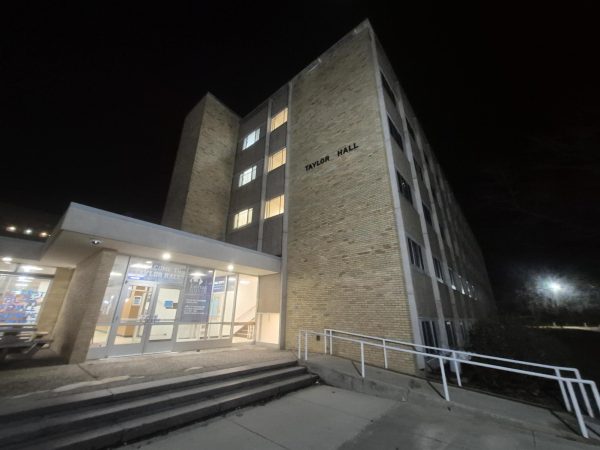Students learn history of three Latin America music styles
The Eastern community found out how Latin music has influence all over the globe, even here in the United States.
Salsa, Mambo and Son were the three music styles that were discussed at a commentary on Thursday in the Martin Luther King Jr. University Union.
Jose Deustua, a member of the Latin American Heritage Month Committee, spoke to students in the Effingham Room of the union about the history of Latin American music.
Using a display of both audio and video, he connected the three styles to not only Latin American culture but to the U.S. culture as well.
Dr. Deustua was born in Lima, Peru in 1954. He grew up around this music and spent the first 30 years of his life in Lima.
He then left for France in the mid ’80s and came to Eastern in 2000. He is currently the Chair of the Latin American Studies Committee.
During the speech, he pointed out that during the late ’50s and early ’60s the Cuban Revolution forced a lot of musicians out of the country because it led to the closing of many nightclubs and venues where the music was played.
These musicians moved to the southern part of Florida and eventually made their way up to New York. He went on to say that this event sparked the popularity of this music in the U.S and how it would affect music for years to come.
He emphasized this point by showing the audience a clip of the song “Mambo Number 5” by Perez Prado. He then showed the more modern version of the song by Lou Bega, which was made in 1999. The original was recorded in 1949.
He also spoke of how many other cultures had influence in the music styles.
While playing “Canto Abacua” by Ruben Blades, he explained that the sounds coming from the instruments were from not only Latin culture but from African and Indian cultures as well.
He said the instruments were played in ways that conveyed all three of the cultures.
“(Music was the chosen theme for this year’s Latin American Heritage month) because it ties into the U.S. culture,” Deustua said.
Food and holidays were also considered.
Kit Morice, also a member of the Latin American Heritage Month Committee and curator of education at the Tarble Arts Center, attended the event and said she really enjoyed it. “It’s very important to be more global and to learn about other cultures,” Morice said.
Aaron Martin can be reached at 581-7942

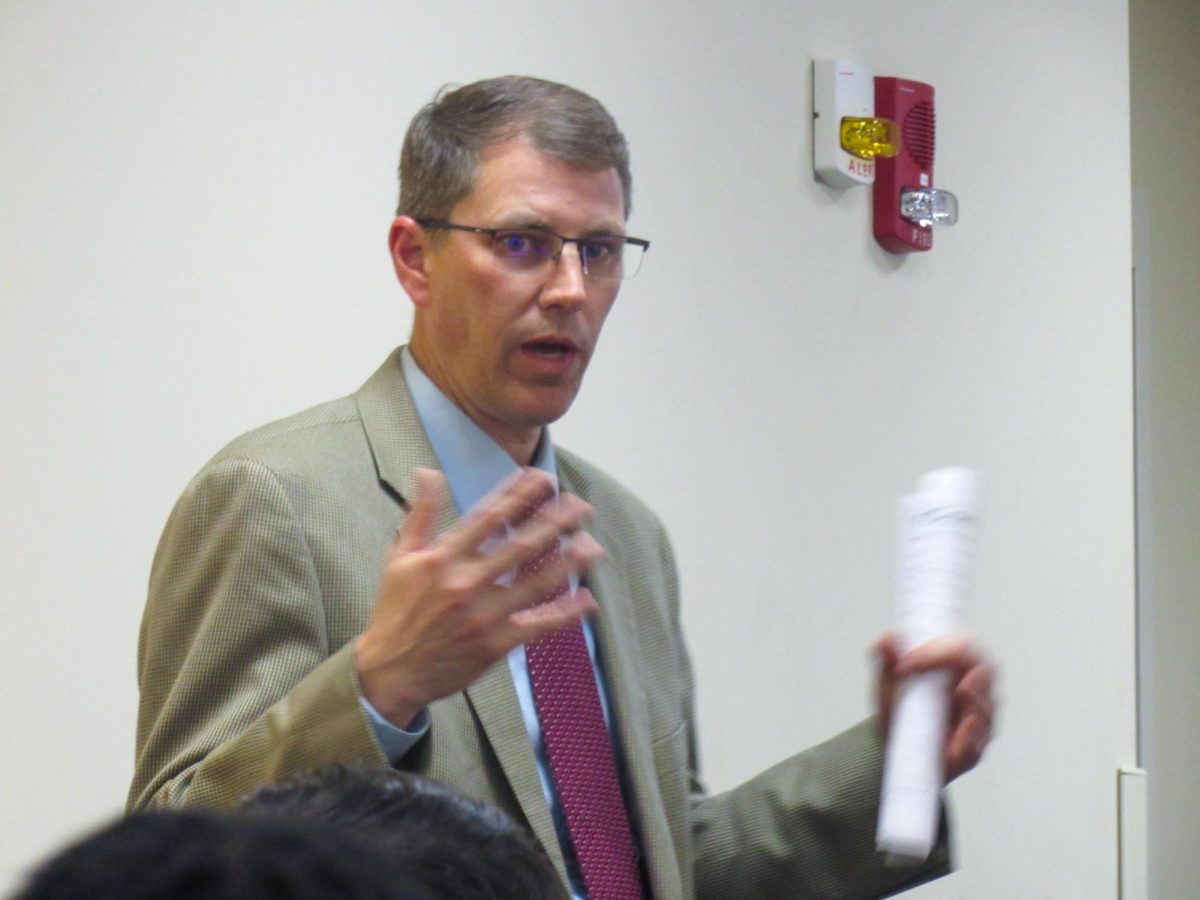
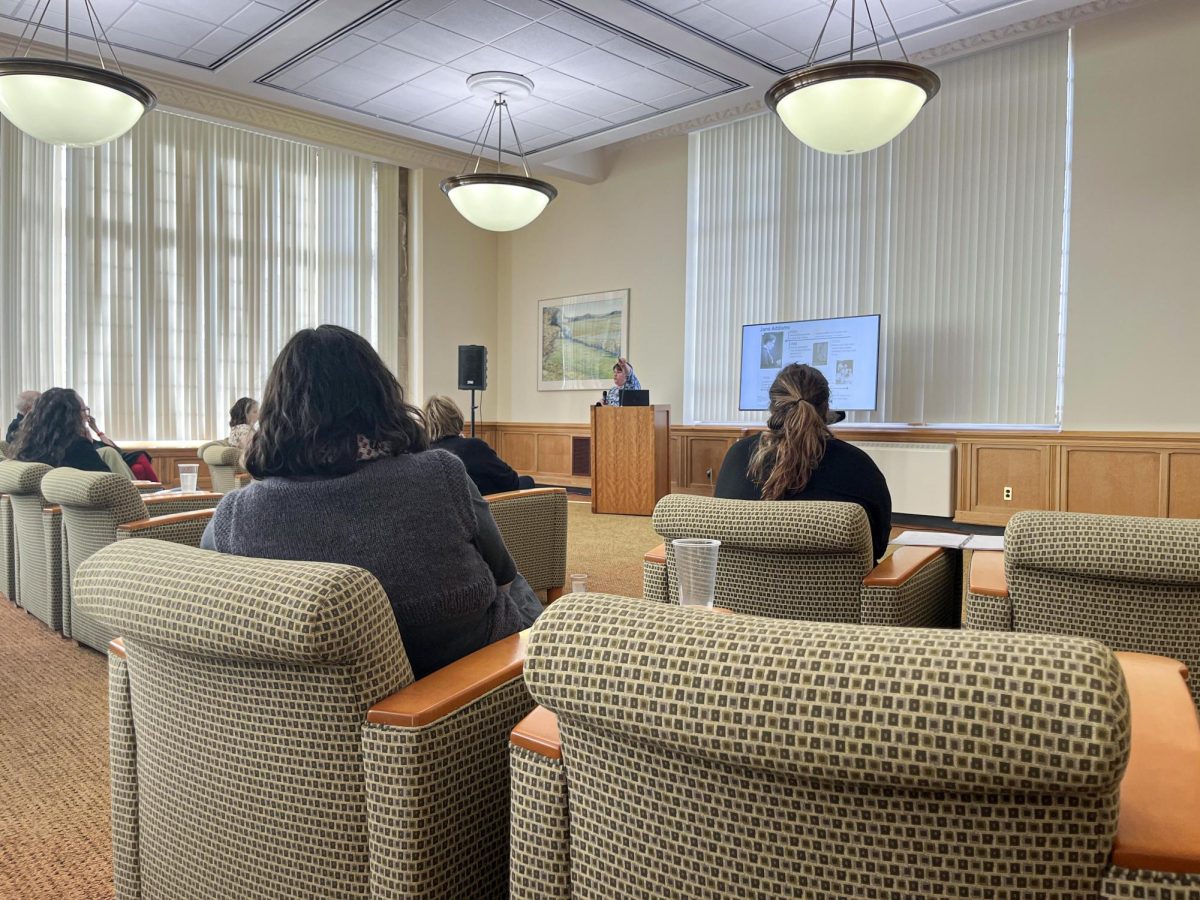


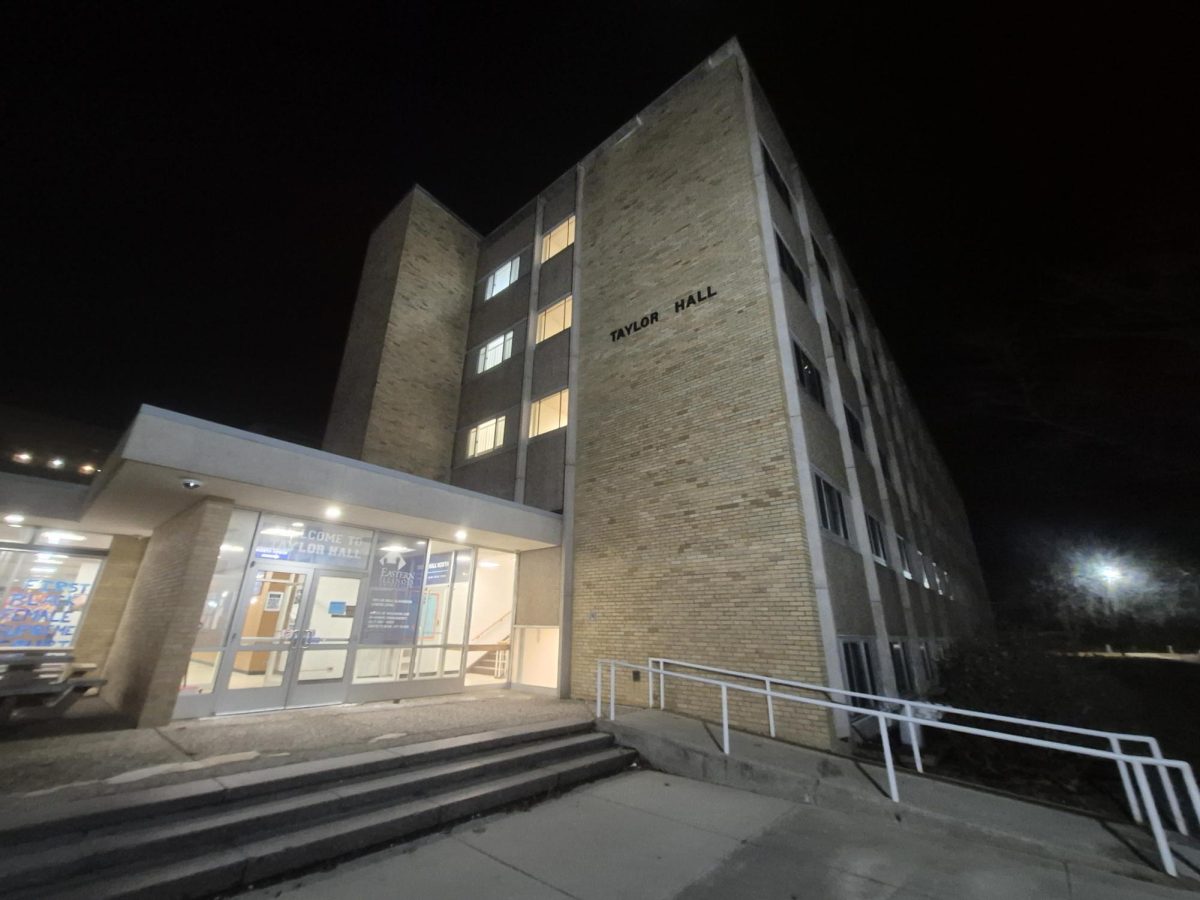



![[Thumbnail Edition] Eastern Illinois University baseball's hitting coach and recruiting coordinator Mike Pugliese urges players on the team to increase their effort after a slow start to its pregame routine at the team's first intrasquad scrimmage of the season at O'Brien Field on Jan. 31, 2025.](https://www.dailyeasternnews.com/wp-content/uploads/2025/03/BB_02_O-1-e1741909628540-1200x702.jpg)
![[Thumbnail Edition] Senior tennis player Luisa Renovales Salazar hits the tennis ball with her racket at the Darling Courts at the Eastern Illinois University campus in Charleston, ILL.](https://www.dailyeasternnews.com/wp-content/uploads/2025/03/Tennis_01_O-1-e1741807434552-1200x670.jpg)
![[Thumbnail Edition] Senior right-handed pitcher Tyler Conklin pitching in the Eastern Illinois University baseball team's intrasquad scrimmage at O'Brien Field in Charleston, Illinois on Jan. 31.](https://www.dailyeasternnews.com/wp-content/uploads/2025/03/TC_01_O-e1741567955534-1200x669.jpg)




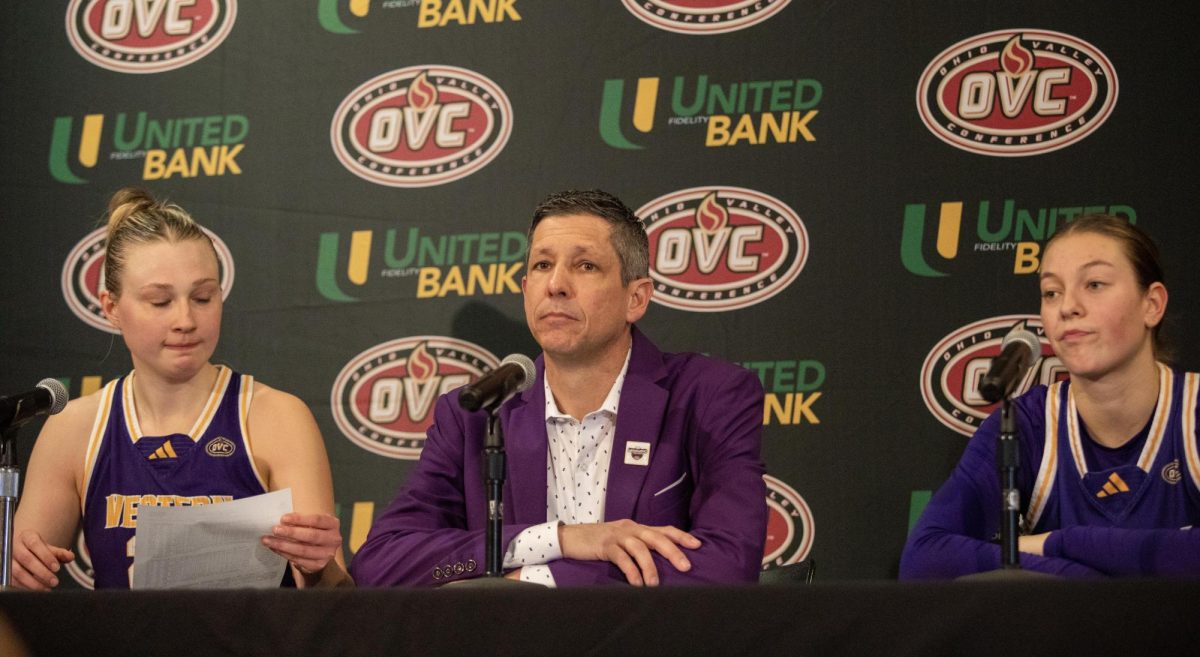
![[Thumbnail Edition] Senior, forward Macy McGlone finds an open teammate to pass the ball too during the game against the Tennessee State Tigers 69-49, in Groniger Arena on the Eastern Illinois University campus, Charleston Ill.](https://www.dailyeasternnews.com/wp-content/uploads/2025/03/WBB_02_O-1-e1741228987440-1200x692.jpg)


















![E[Thumbnail Edition] Eastern Illinois softball freshman utility player Abbi Hatton deciding to throw the softball to home plate in a fielding drill during softball practice at the field house in Groniger arena on Tuesday Feb. 11.](https://www.dailyeasternnews.com/wp-content/uploads/2025/03/SB_03_O-e1741208880750-1-e1741209739187-1200x815.jpg)

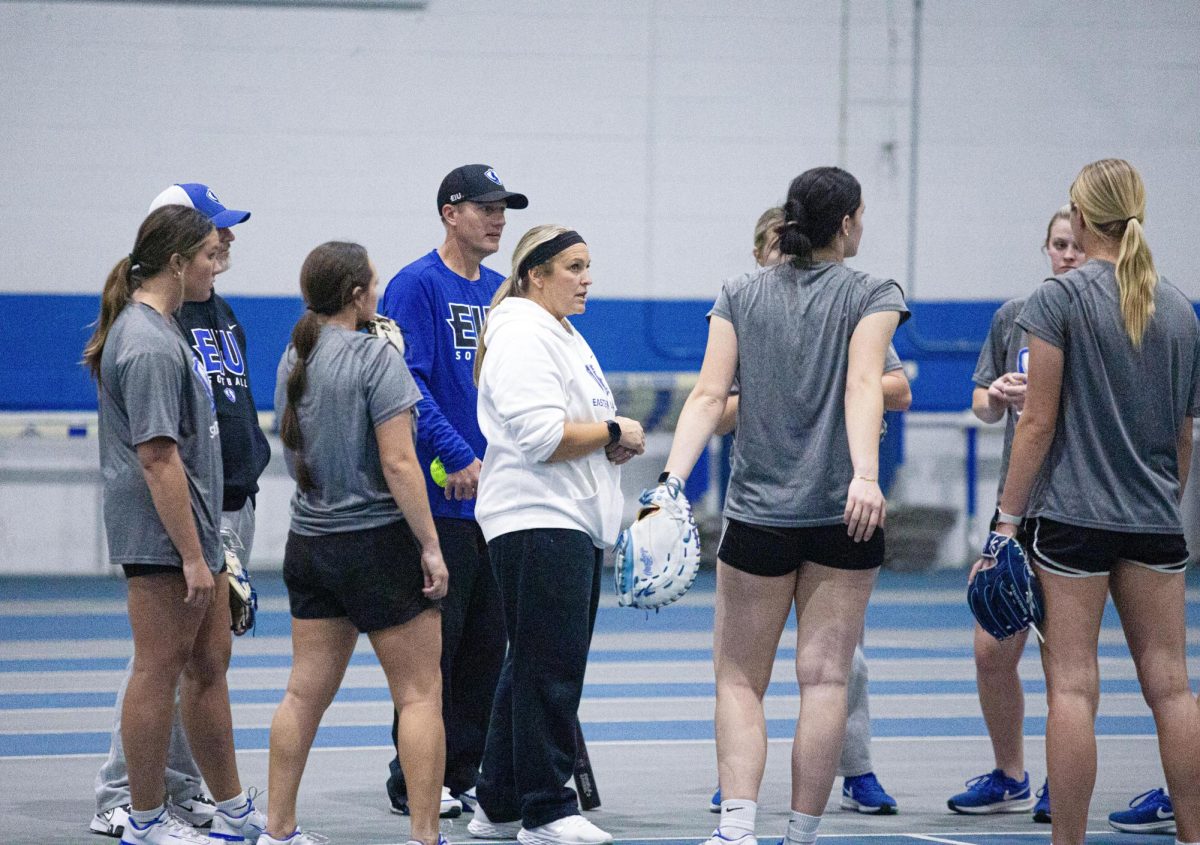













![The Weeklings lead guitarist John Merjave [Left] and guitarist Bob Burger [Right] perform "I Am the Walrus" at The Weeklings Beatles Bash concert in the Dvorak Concert Hall on Saturday.](https://www.dailyeasternnews.com/wp-content/uploads/2025/03/WL_01_O-1200x900.jpg)
![The team listens as its captain Patience Cox [Number 25] lectures to them about what's appropriate to talk about through practice during "The Wolves" on Thursday, March 6, in the Black Box Theatre in the Doudna Fine Arts Center in Charleston, Ill.](https://www.dailyeasternnews.com/wp-content/uploads/2025/03/WolvesPre-12-1200x800.jpg)





















